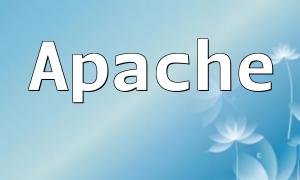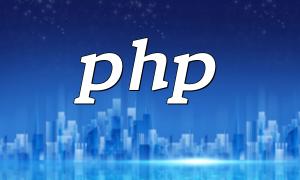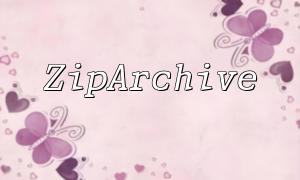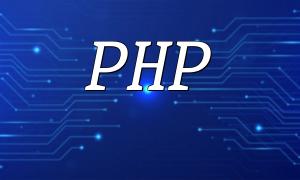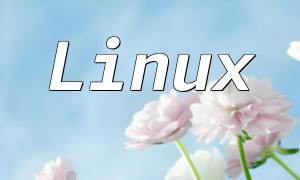With continuous advancements in web development technology, PHP frameworks were once the core tools for building complex applications. However, the evolving technology landscape has led developers to explore more alternatives to meet different project requirements. This article focuses on several popular alternatives to PHP frameworks, introducing their features and applicable scenarios.
JavaScript not only dominates the frontend but has successfully entered server-side development with Node.js, becoming a major competitor to PHP. The unified language environment greatly improves development efficiency.
Node.js is built on Chrome's V8 engine, enabling JavaScript to run on the server side. It uses an event-driven, non-blocking I/O model, excelling at handling high concurrency requests, making it suitable for real-time applications and large-scale network services.
Example code:
const http = require('http');
const server = http.createServer((req, res) => {
res.statusCode = 200;
res.setHeader('Content-Type', 'text/plain');
res.end('Hello World\n');
});
server.listen(3000, '127.0.0.1', () => {
console.log('Server running at http://127.0.0.1:3000/');
});Express.js is a minimal and flexible web application framework built on top of Node.js. It offers robust routing and middleware support, especially suitable for developing RESTful APIs, and is popular for its lightweight design.
Example code:
const express = require('express');
const app = express();
app.get('/', (req, res) => {
res.send('Hello World!');
});
app.listen(3000, () => {
console.log('Example app listening on port 3000!');
});Python is increasingly recognized in web development due to its simplicity and rich ecosystem. Django and Flask are two widely adopted frameworks that cater to different needs, from large projects to lightweight applications.
Django is a full-featured high-level web framework emphasizing rapid development and security. It comes with ORM, user authentication, admin panel, and other modules, suitable for building complex and large-scale applications.
Example code:
from django.http import HttpResponse
def index(request):
return HttpResponse("Hello, World!")Flask is a minimalist Python web framework designed for flexibility, ideal for small projects and microservices. Its extensive extension system allows developers to add features as needed.
Example code:
from flask import Flask
app = Flask(__name__)
@app.route('/')
def hello_world():
return 'Hello, World!'Ruby on Rails boosts development speed significantly with its "convention over configuration" philosophy. Its built-in generators and rich toolset make project startup and maintenance easier.
The Rails framework focuses on fast development and elegant code, widely used in startups and medium to large projects.
Example code:
class WelcomeController < ApplicationController
def index
render plain: "Hello, World!"
end
endAlthough PHP frameworks still hold an important place in web development, the rise of multiple languages and frameworks provides developers with more choices. JavaScript's Node.js and Express.js are suitable for high concurrency and flexible applications, Python's Django and Flask are favored for their power and simplicity, while Ruby on Rails attracts many users for its rapid development capabilities. Choosing the right technology stack according to project needs is key to efficient and stable development.


